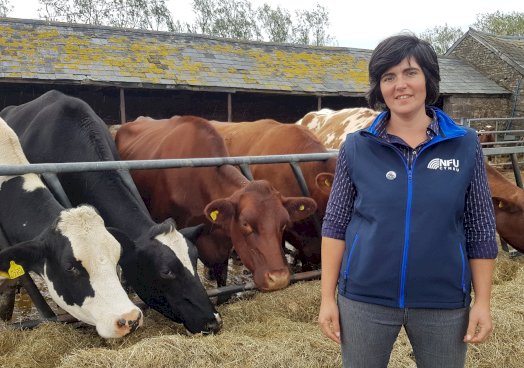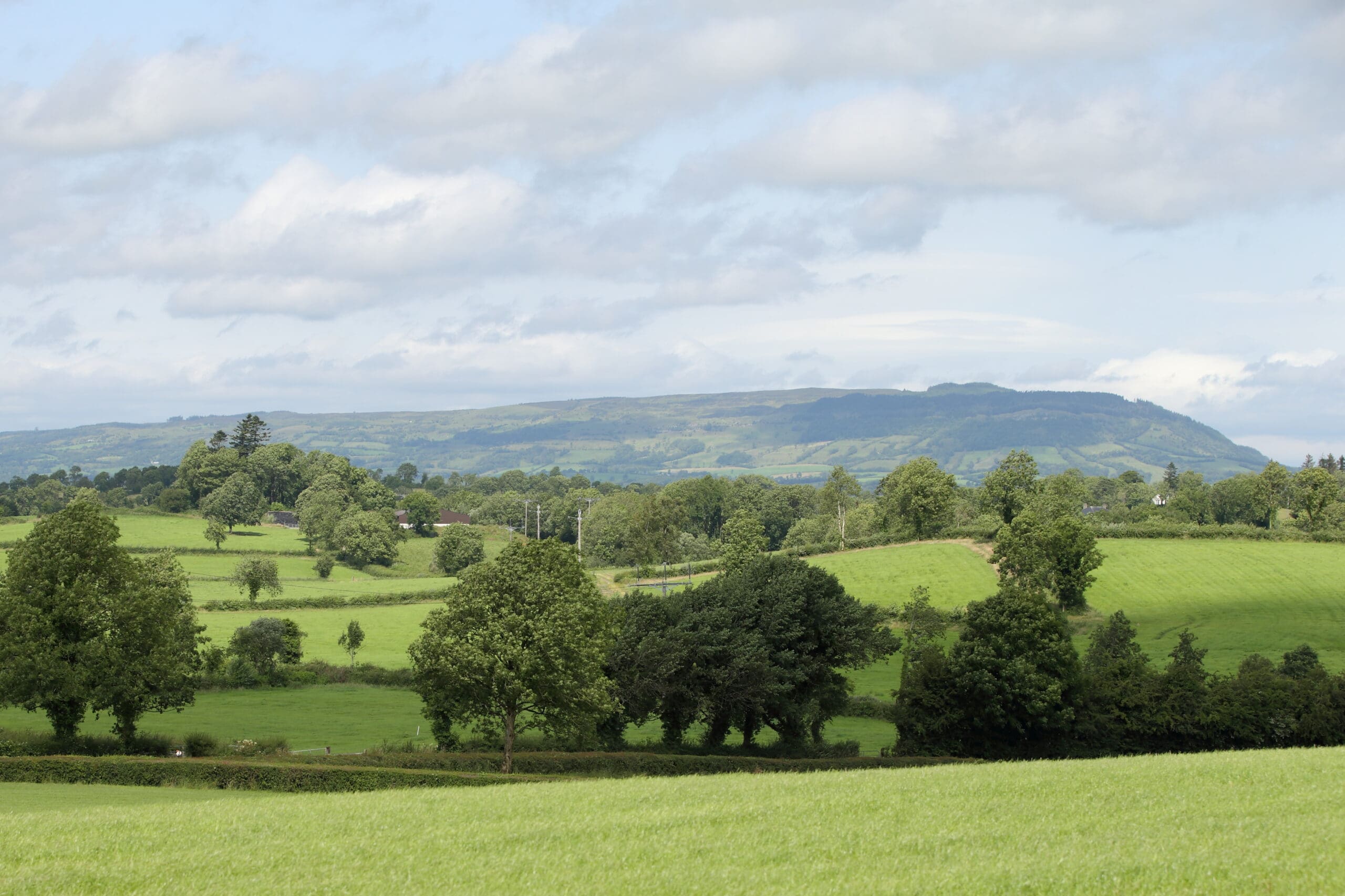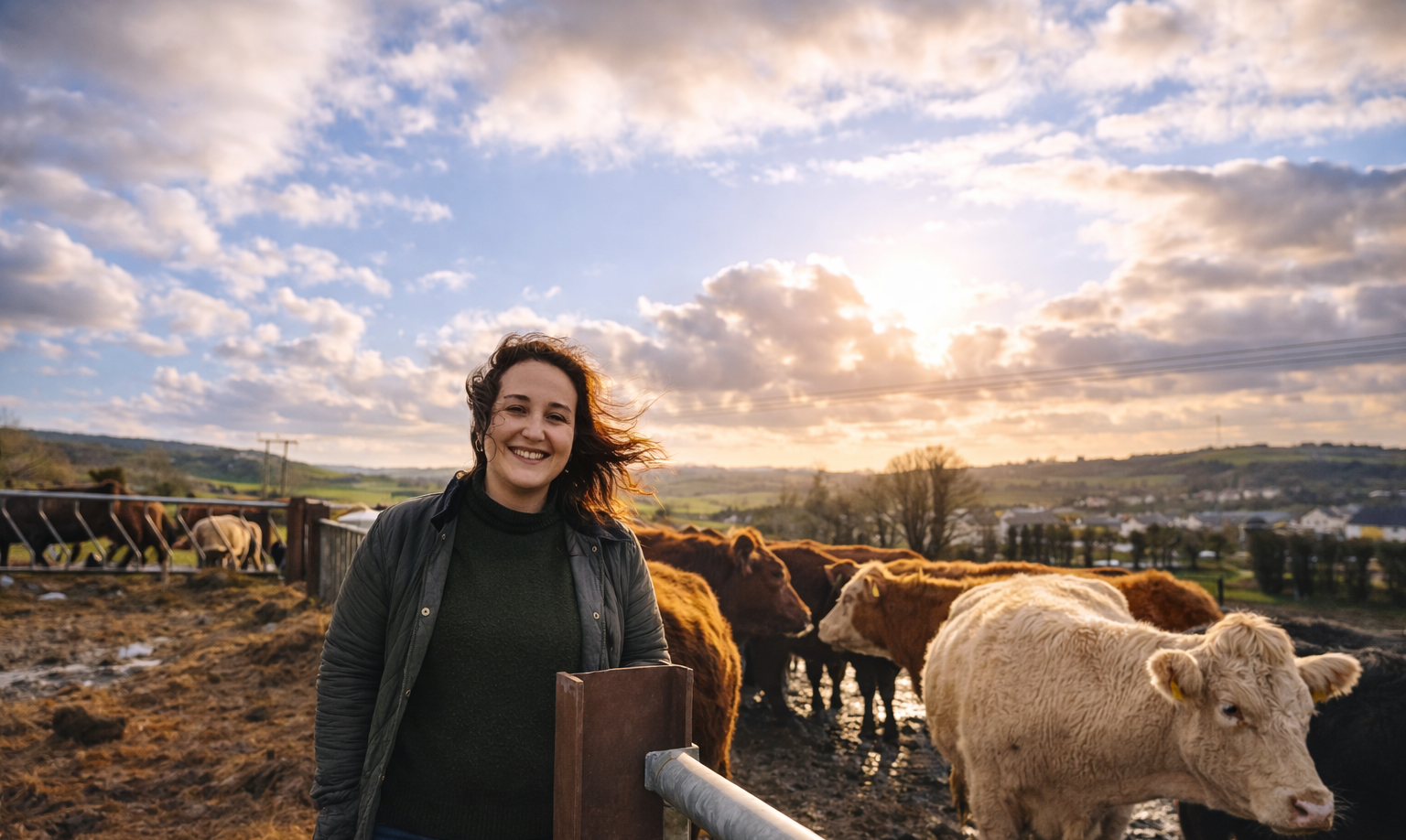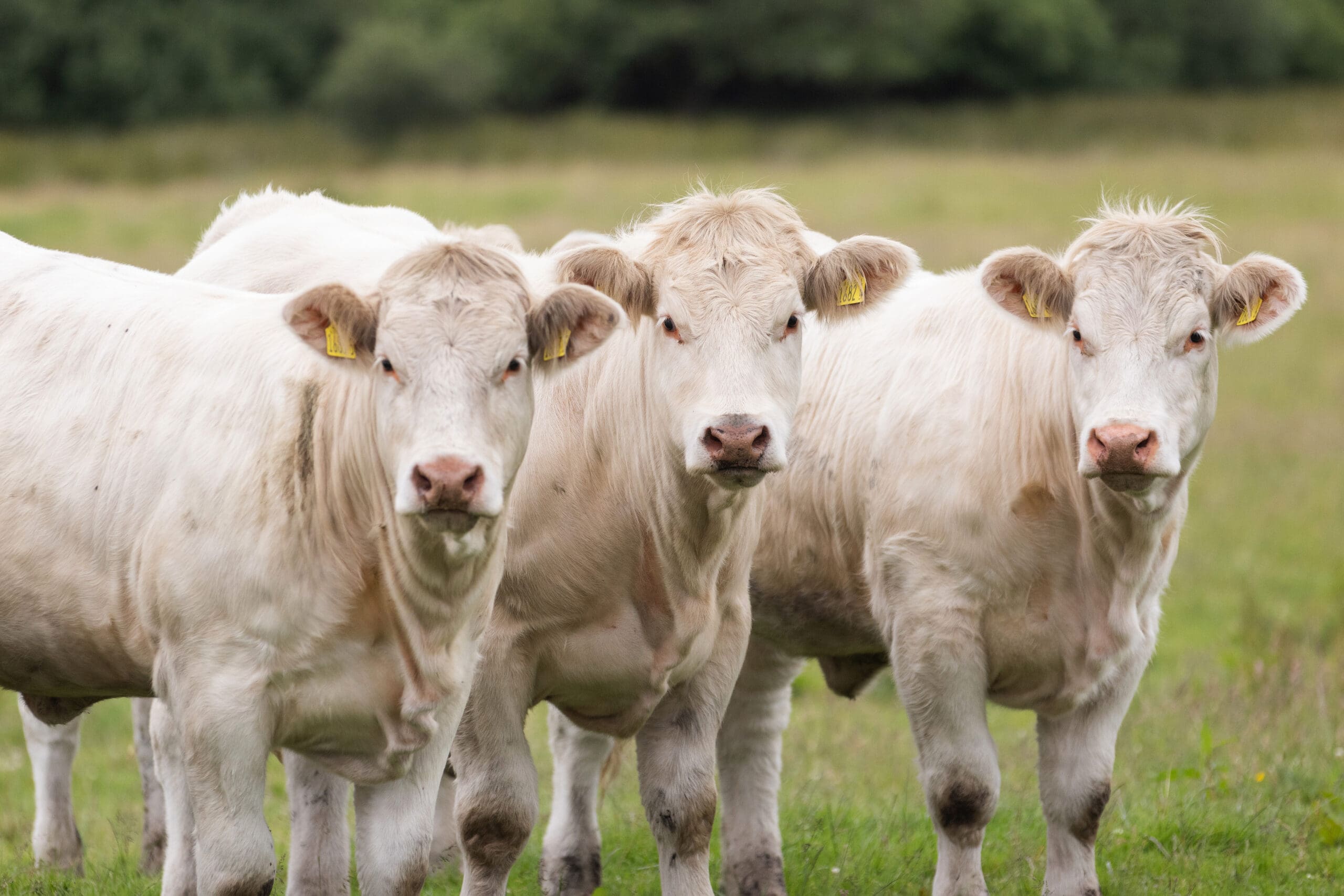
From open farm weekend to the school curriculum, NFU Cymru deputy president Abi Reader explains how education is steering the industry in the right direction, writes Tracey Donaghey.
The famous quote “knowledge is power”, often attributed to former USA president Thomas Jefferson, has been proven repeatedly throughout history. Abi Reader, NFU Cyrmu deputy president and third generation mixed farmer, has a deep understanding of the UK agri-food industry that’s second to none and is exhausting all avenues to share her wisdom with the wider world.
A major contributor to the farming and food education piece, Abi is a co-founder of Cows on Tour and an Open Farm Sunday host. She recognises farming and food education as being key to addressing challenges as well as excelling the industry to reach its full potential.
Open farm weekend
In Northern Ireland most consumers are one or two generations removed from farming, in Wales, Abi explains there’s at least three. To stall the widening gap and suppress it, initiatives like Open Farm Sunday and Open Farm Weekend were launched over ten years ago. A lot of meaningful work has happened in that time but asking Abi if the end is in sight, the simple answer is no.
“We can never stop because every year there is a new intake of people and every year there is an opportunity that you’re going to drop back to where you were before which is generations removed from agriculture. We have to increase. We have to keep going.”
The on-farm initiatives also give young people interested in agriculture from urban backgrounds, the opportunity to visit working farms. They can speak directly to farmers, getting advice on different pathways into the industry. However, the scale of the event and what is required can be daunting for hosts.
“Opening your farm gate and just letting people wander in at will is quite frightening. The only thing that overrides that, is this serious desire that we have to try and reconnect. The only way we’re going to do it, is if we start welcoming people back on to farms. Consumers aren’t going to understand us if we don’t make an effort to speak to them.”
Power of the farming unions
Farmers are the industry’s best ambassadors and NFU Cymru is harassing the knowledge of its membership with initiatives such as Farmers for Schools. The programme sees farmers visiting schools to provide first-hand experiences about how food is produced and the diverse career opportunities within agriculture. The Welsh union is also in talks to get more agricultural material into the curriculum.
“We’ve had a conversation recently with our Education Minister. The curriculum in Wales is changing. There’s an opportunity to try and get more agriculture into that curriculum. We can only do that by having conversations with the politicians and we were put in contact with the team who were manning the curriculum within Welsh government. They said, ‘if you want to get agriculture into schools you need to provide us with X, Y and Z. You’ve got to make sure you’ve thought about everything in terms of the curriculum’, and because we’ve got the resources in NFU, Josh Payne our NFU education lead was able to say ‘done, done, and done. I can upload it to you this afternoon’. That is the power of what we can do as unions.”
Trade deals
Following Brexit, the UK agreed trade deals with Australia and New Zealand leaving local agriculture in an extremely vulnerable situation with sensitive sectors such as lamb, beef, dairy and horticulture being put most at risk. I asked Abi about the message this could send to consumers regarding the necessity of local food production.
“Food is just so easily available, even in (difficult) times, think of the beast of the east that we had a few years ago. People have just got used to being able to nip down to their local corner shop and there’s everything they need there. I’m not really sure how we’re going to help people to relearn that message, that actually it gets there through, quite often, sometimes a wing and a prayer.
“It’s disgusting that we waste so much food. It’s disgusting that we under value it. We have to be careful with phases like ‘thank the farmer’. We all understand the sentiment, but you need to be careful what circle you put that in. We’re just like any other people trying to make a living. It just so happens that we’re making a living in a sector that people don’t really realise is critically important to their day-to-day life…to let them know we’re there and we’re fighting for them I think is a better message than ‘thank the farmer’.”
Tip of the iceberg
With the right farming and food education in place in schools, government working to protect and develop local production and projects like Open Farm Weekend continuing, Abi’s mind ‘boggles’ at what the UK food industry can achieve.
“There is a young farmer within our NFU Cymru Next Generation Group who is doing sheep milk vodka. That’s serious innovation. It’s a new person coming in and they’ve created a whole new job. It’s attracting minds to help us combat climate change, that can do some amazing things
“Another fantastic example is a semen company who ships Jersey genetics out to Rwanda to encourage milk production from an average of two litres per head per cow to four litres per head per cow, which enables these families to improve nutrition within their villages and sell any excess and bring money back. They couldn’t do that without the fact we developed those genetics over here.
“And all the opportunities to export our amazing food to countries we’ve not had a chance to before. There are so many opportunities. We’ve just got to get people excited about farming and it starts with us.”
You can listen to the full podcast with Abi, by clicking here.




